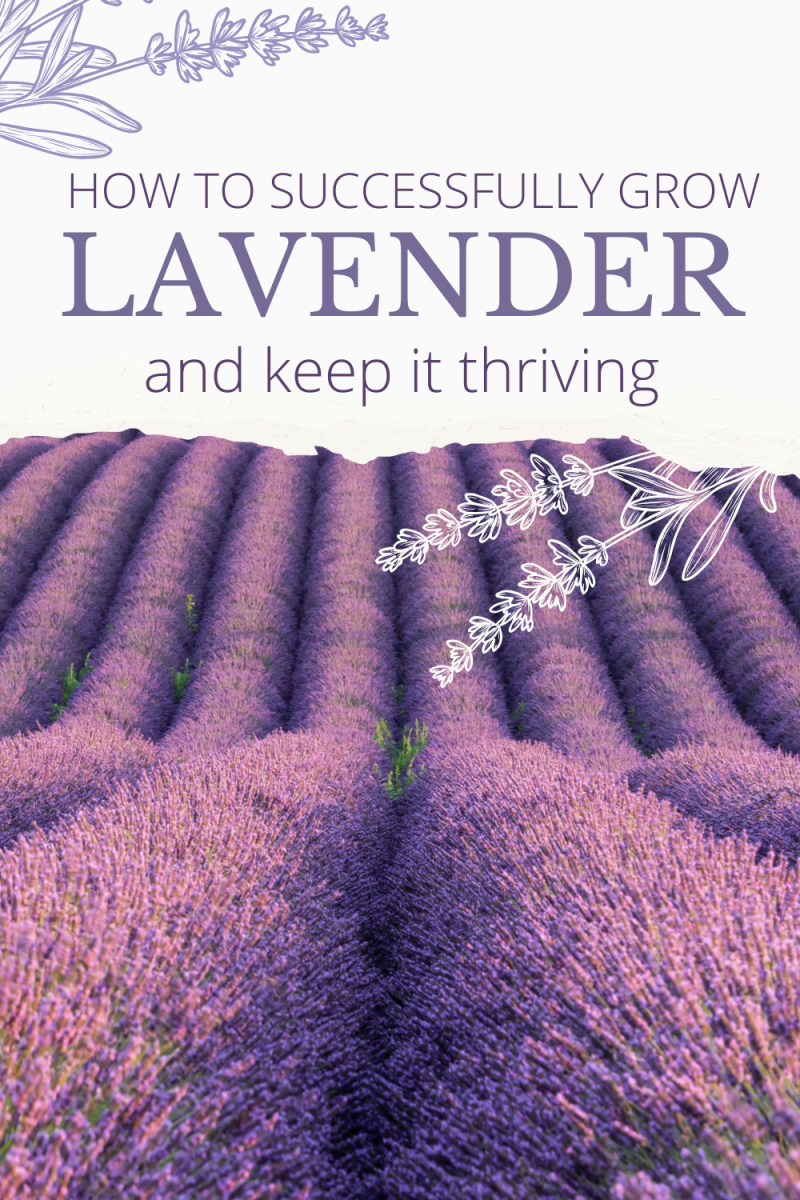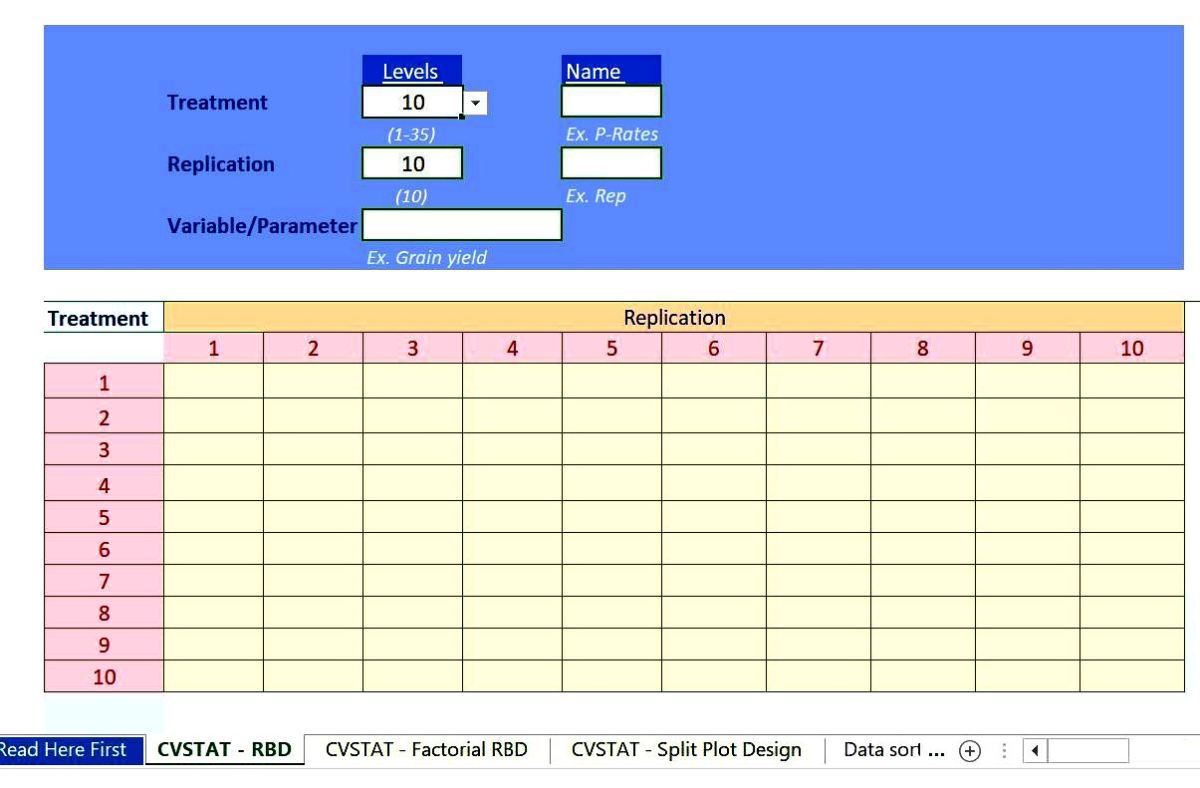Crop rotation: advantages, benefits,methods
Crop rotation
A farmer observes that regular cultivation of crops of same variety with an intention of profits year after year drastically loses yield. This is why crop rotation technique has evolved.
This is an old age technique wherein the crops of the same variety are cultivated alternatively with different varieties between different seasons or years in the same agriculture lands.
For example, if the Cotton crop is cultivated in Kharif season, i.e., June to December months, then its rotation crop which follows in rabi season is mostly a crop belonging to a leguminous family like groundnut, or grains like black gram, green gram, etc.
This phenomenon of rotation is done regularly to maintain the soil fertility and better crop yield.
Crop rotation advantages
This age-old technique was crafted after careful observation of crop cultivation by ancient farmers.
The advantages or benefits include.
1. Increase in manure or soil fertility. This is because the crops like cotton and monocotyledonous variety like wheat, paddy take up the soil-manure heavily making the soil less fertile and supportive to the next coming crops. Crop rotation helps rise soil fertility.
This increase in soil fertility is possible when nitrogen-fixing crops are grown in alternative cycle with regular crops. For example, if paddy or wheat is produced in one season, it consumes most of the soil fertility. Then in next season farmer should grow leguminous crops like groundnut, black gram or peanut, as these crops fix nitrogen in the soil by taking it from the air. This is possible for these crops due to the presence of nitrogen-fixing bacteria in their roots thereby enhancing soil fertility. Therefore the of soil for next crops is preserved.
2.Decrease or eradicate Crop diseases or pests. Crop rotation decreases the incidence of diseases to the crop and controls pest to the following crop.
Many pests or insects lay their eggs on the remnants of the previous infected crop like leaves, roots, etc. It is a fact that pests and diseases are specific for certain variety of crops and do not infect other crop variety. So when the next season arises these eggs hatch pest larva to affect the previous crop variety again. Due to rotation of crops, the pest has no chances to grow on the last variety crop.
Even the diseases of fungi and bacteria reside in the soil remnants of previous crop ready to infect the same variety if not changed by crop rotation.
So crop rotation reduces pest and disease cycles in the farm.
3. Prevents soil erosion: Regular crop rotation prevents soil erosion as the flow of rainwater or irrigation water which carries away fertile surface soil is minimized. This is thought to be due to the debris mass left over behind by the previous crop after harvest and thereby helps soil conservation.
Crop rotation method
The most recommended technique of cultivation in crop rotation method is to alternatively cultivate food crops like paddy, wheat or cash crops like cotton with some leguminous crops like pulses.
The leguminous plants have a natural capacity to harbor nitrogen-fixing bacteria in their roots. These bacteria fix the atmospheric nitrogen in the nodes of the plant. This nitrogen is natural manure for crops. When the crop is harvested, the nodular root with nitrogen remains in the soil to benefit next cultivated crop.







